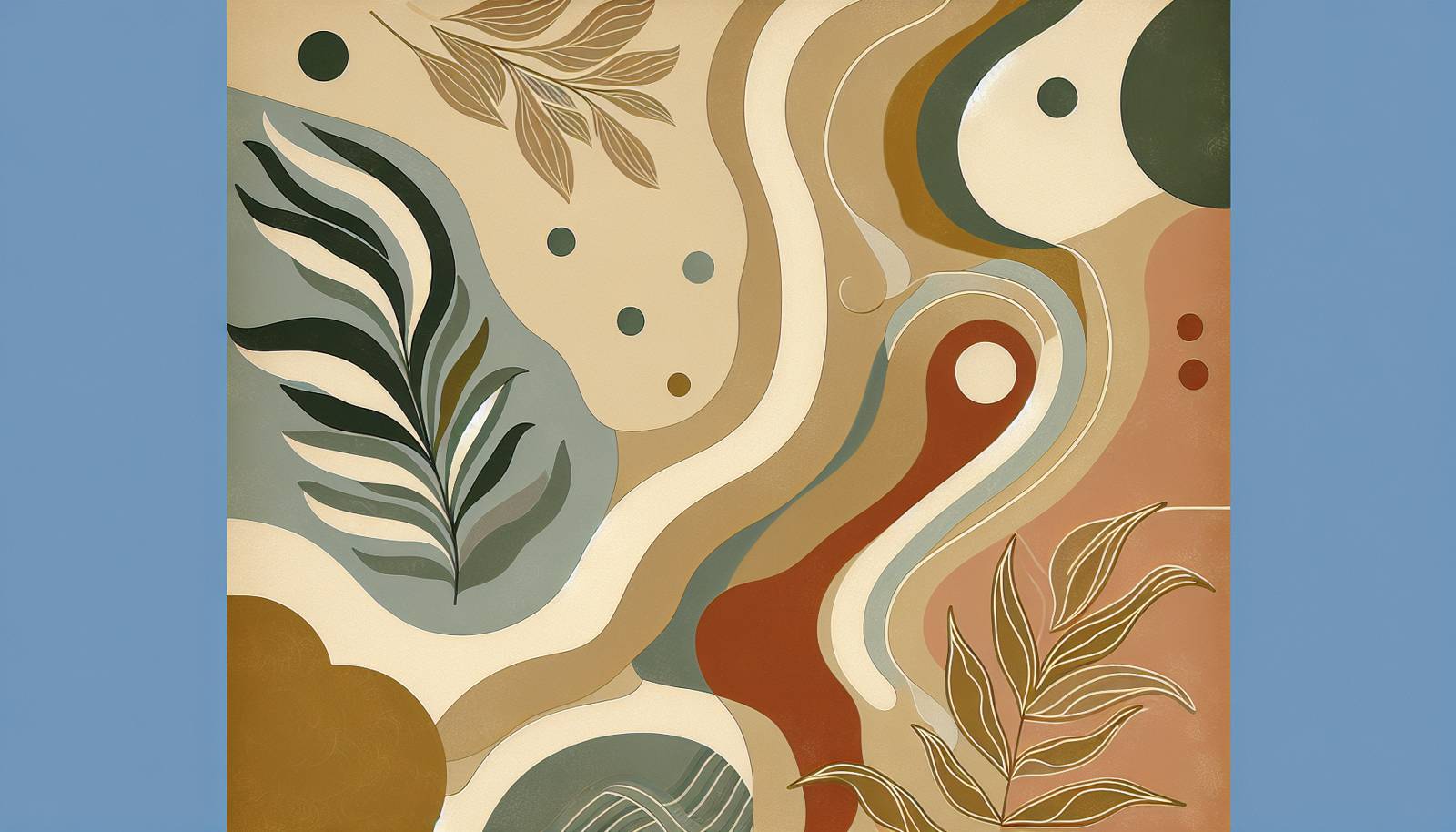
FAQ About Cultural Significance of Bohemian Lifestyle

What is the bohemian lifestyle?
The bohemian lifestyle is characterized by an unconventional approach to life, often associated with artistic pursuits, free-spirited exploration, and a rejection of societal norms. Originating in the 19th century, it was embraced by artists, writers, and musicians who valued creativity, individuality, and a minimalist way of living.

Where did the term 'bohemian' originate?
The term 'bohemian' originally referred to the Romani people of France, who were mistakenly thought to have come from Bohemia, a region in the Czech Republic. Over time, it evolved to describe those leading unconventional lifestyles, particularly artists and intellectuals in cities like Paris.

How did the bohemian lifestyle influence art and culture?
The bohemian lifestyle significantly influenced art and culture by encouraging creativity and free expression. It led to the development of various art movements, such as Impressionism and Surrealism, and inspired countless works of literature and music, shifting societal perceptions about art and creativity.

What are some famous examples of bohemians in history?
Famous historical bohemians include artists like Vincent van Gogh and Henri de Toulouse-Lautrec, writers such as Jack Kerouac and Allen Ginsberg, and musicians like Jim Morrison. These individuals embraced bohemian ideals, challenging societal norms through their work and lifestyle.

How does the bohemian lifestyle relate to modern counterculture?
In modern times, the bohemian lifestyle continues to influence counterculture movements by promoting ideals of freedom, creativity, and individuality. It aligns with the ethos of movements like the hippie culture of the 1960s and the current emphasis on minimalism, sustainability, and artistic expression.

What are some common misconceptions about the bohemian lifestyle?
A common misconception is that bohemianism is synonymous with poverty. While bohemians often value minimalism, it is more about rejecting materialism and societal norms to focus on personal freedom and creativity. Another misconception is that it's exclusive to artists, although it is a broader lifestyle choice that values non-conformity.

Is the bohemian lifestyle still relevant today?
Yes, the bohemian lifestyle remains relevant today as it emphasizes individuality and artistic freedom, values that resonate with many seeking alternatives to conventional lifestyles. The bohemian ethos can be seen in modern minimalist movements and cultural trends that prioritize personal expression.

What are the key principles of the bohemian lifestyle?
The key principles of the bohemian lifestyle include a focus on individuality, creativity, and freedom; rejection of materialism; appreciation for art and culture; and a desire for self-exploration and personal authenticity. These principles encourage a life lived outside traditional societal structures.

How did bohemians of the past express their lifestyle through fashion?
Bohemians of the past expressed their lifestyle through fashion by favoring eclectic, colorful, and unorthodox clothing that reflected their artistic and free-spirited nature. This often included mixing cultural influences, vintage pieces, and handmade items, rejecting mainstream fashion trends.

What role did Paris play in the rise of bohemian culture?
Paris played a significant role in the rise of bohemian culture, especially in the 19th and early 20th centuries, acting as a hub for artists, writers, and musicians who formed communities in neighborhoods like Montmartre and the Latin Quarter. These areas became epicenters for artistic innovation and expression.

How does bohemianism differ from the hippie movement?
While both bohemianism and the hippie movement emphasize freedom, creativity, and non-conformity, bohemianism is broader and historically rooted in artistic and intellectual circles. The hippie movement emerged in the 1960s with a more defined focus on peace, love, and social change, often incorporating political activism.

What is the connection between the Beat Generation and bohemianism?
The Beat Generation, prominent in the 1950s, shared many bohemian values such as a disdain for societal norms, emphasis on artistic expression, and pursuit of spiritual exploration. Writers like Jack Kerouac and Allen Ginsberg epitomized this connection through their literary works and lifestyles.

Can anyone live a bohemian lifestyle?
Yes, anyone can adopt a bohemian lifestyle as it is more about a mindset than specific demographics. It encourages personal freedom, creativity, and a minimalist approach to living, making it accessible to anyone seeking an alternative to conventional lifestyles.

Is there a specific bohemian diet?
There is no specific 'bohemian diet'; however, many who adopt bohemian lifestyles may choose diets that emphasize simplicity and sustainability, such as vegetarianism or organic eating. The focus is often on conscious, minimal living rather than following mainstream dietary trends.

How does the bohemian lifestyle inspire contemporary interior design?
The bohemian lifestyle inspires contemporary interior design through vibrant colors, eclectic furniture, and an emphasis on artistic and personal expression. This style often combines vintage pieces with handmade and globally-inspired decor, creating a warm and creatively stimulating environment.

What impact did bohemianism have on music?
Bohemianism has had a profound impact on music by encouraging experimentation and non-traditional approaches. Many genres, such as rock, jazz, and folk, have been influenced by bohemian ideals, leading to innovations in musical styles and broader cultural acceptance of diverse music forms.

How did the bohemian culture contribute to social change?
The bohemian culture contributed to social change by challenging traditional values and norms, promoting gender equality, freedom of expression, and alternative lifestyles. Through their art and actions, bohemians often pushed boundaries and inspired dialogue about societal issues.

Are there any specific symbols associated with the bohemian lifestyle?
Symbols commonly associated with the bohemian lifestyle include peace signs, dreamcatchers, eclectic patterns, tie-dye materials, and natural motifs like feathers and flowers. These symbols often represent freedom, creativity, and a connection to nature.

What challenges do people face when adopting a bohemian lifestyle?
Adopting a bohemian lifestyle can present challenges such as societal pressure to conform to conventional norms, difficulties in maintaining financial stability while avoiding materialism, and misconceptions about intentions and lifestyle choices due to stereotypes about bohemian living.

How is minimalism connected to the bohemian lifestyle?
Minimalism is connected to the bohemian lifestyle through the shared focus on simplicity and the rejection of material excess. Both lifestyles value meaningful experiences and personal freedom over possessions, although bohemians often infuse more eclectic and artistic elements compared to strict minimalism.
